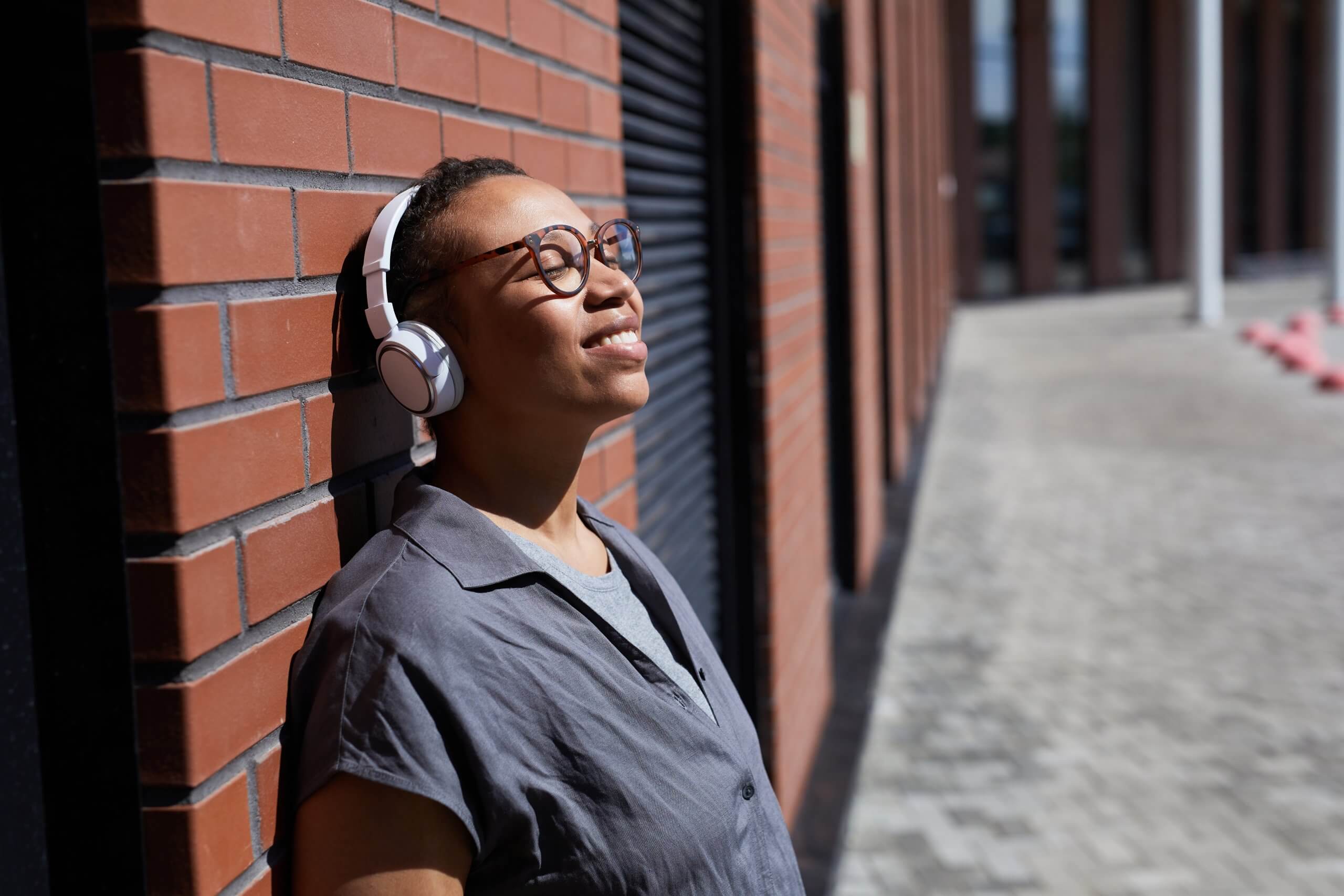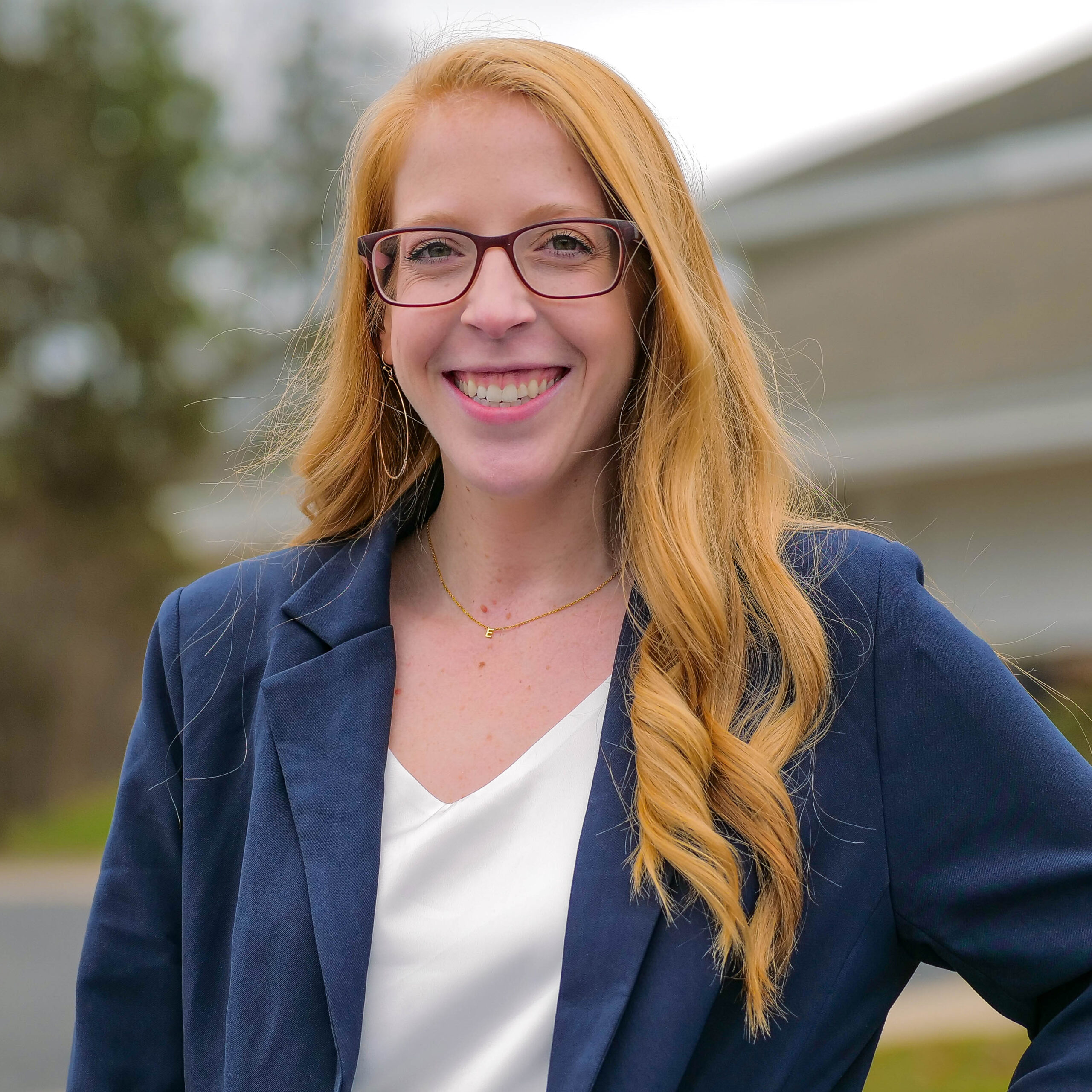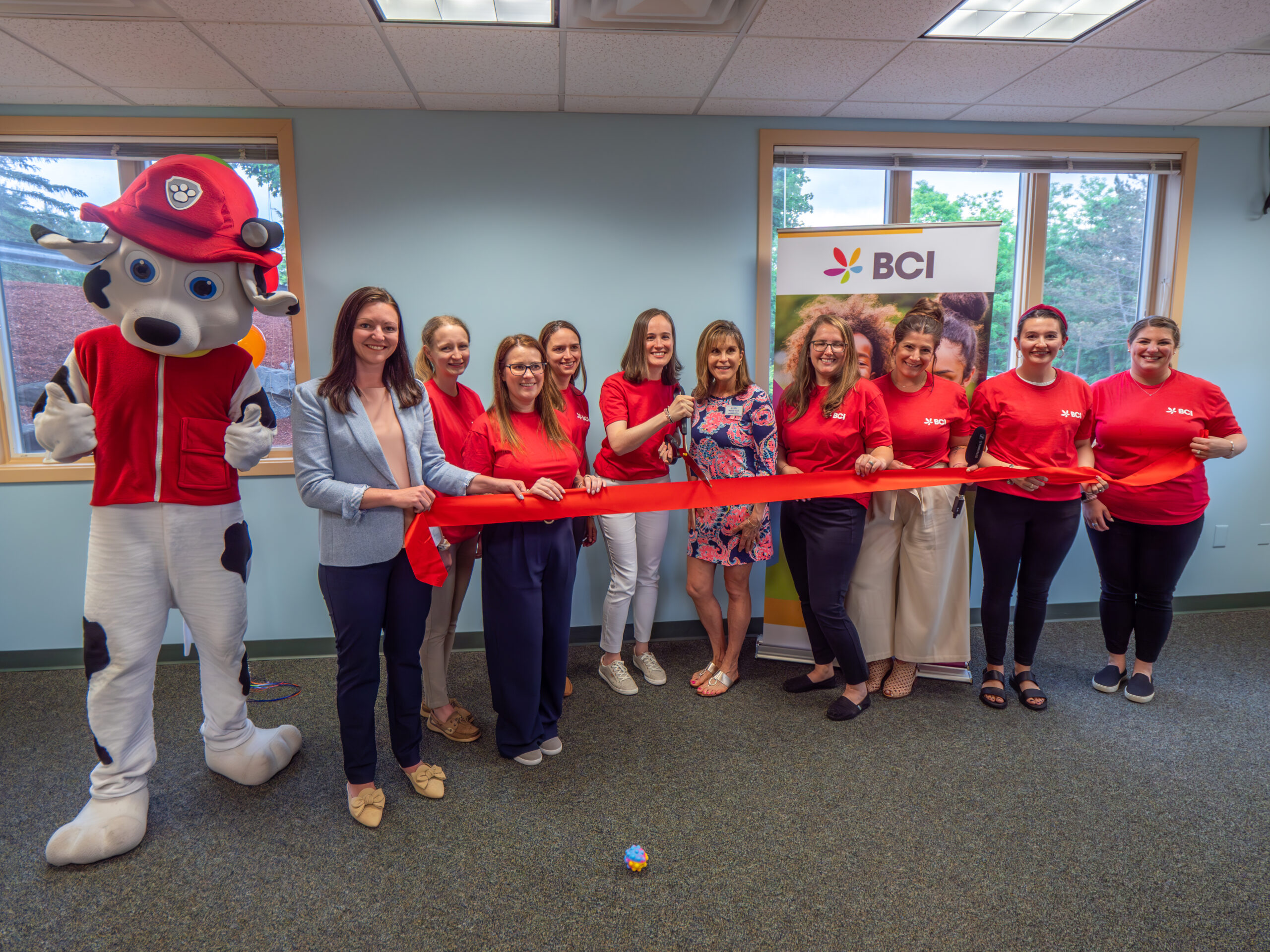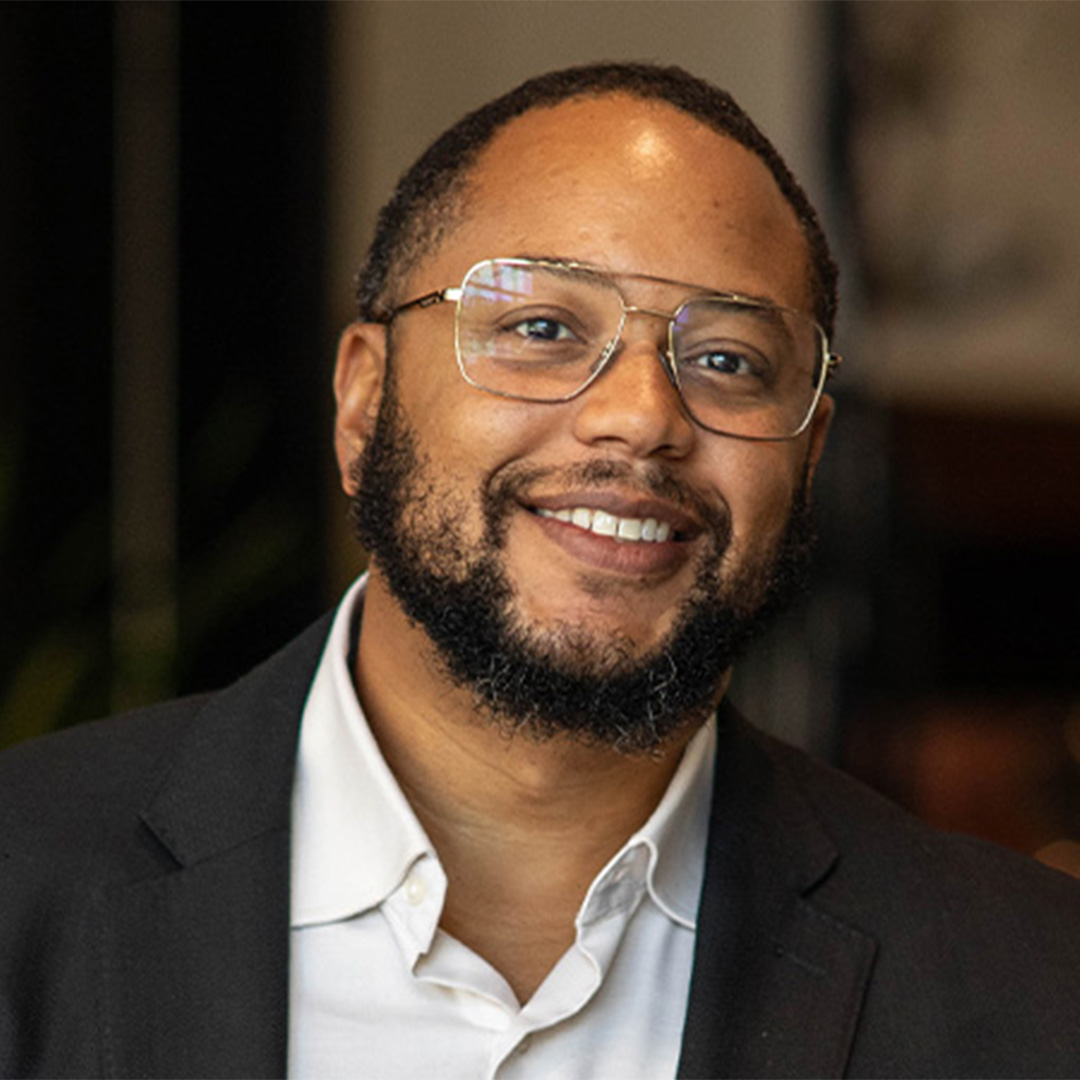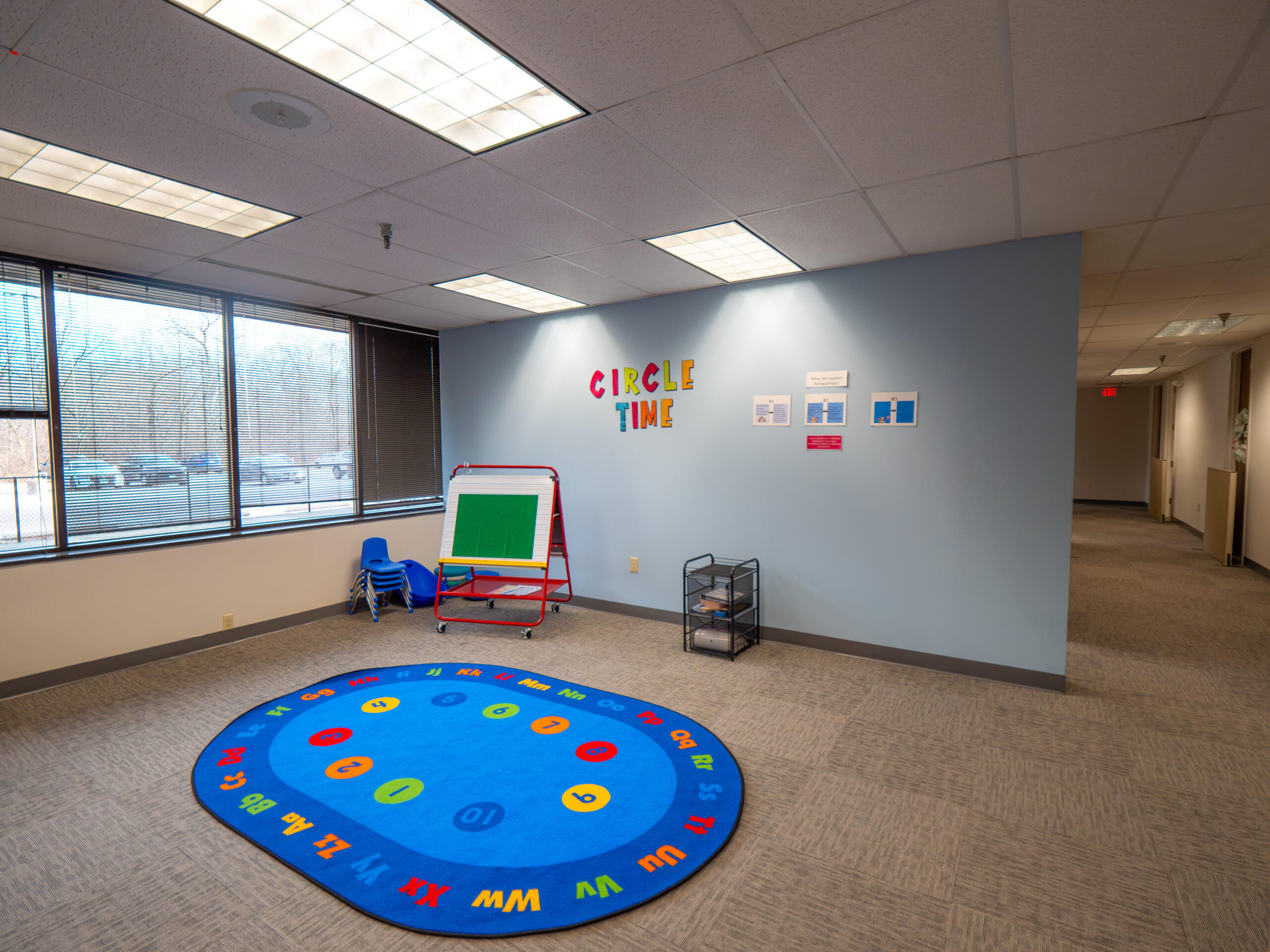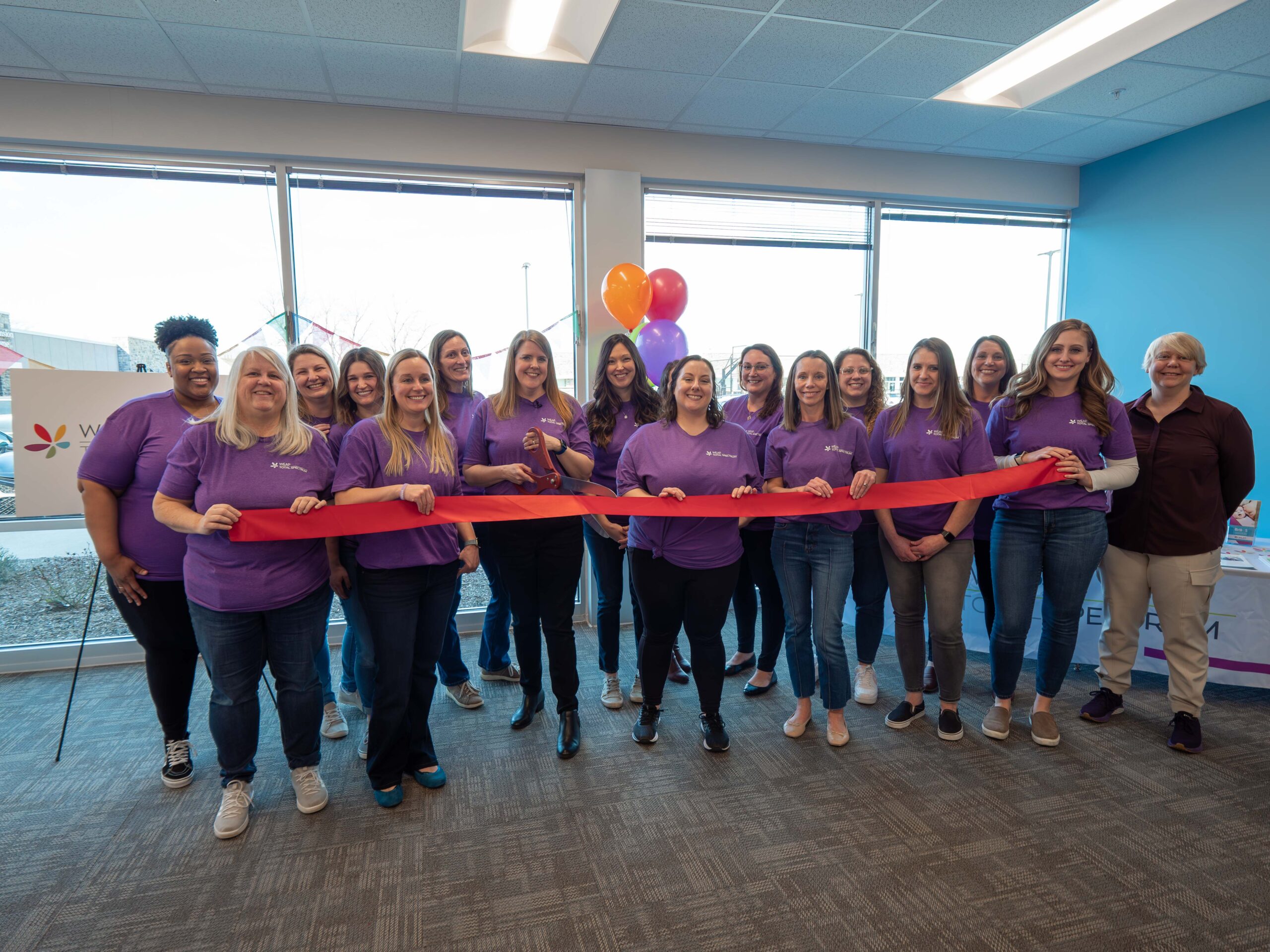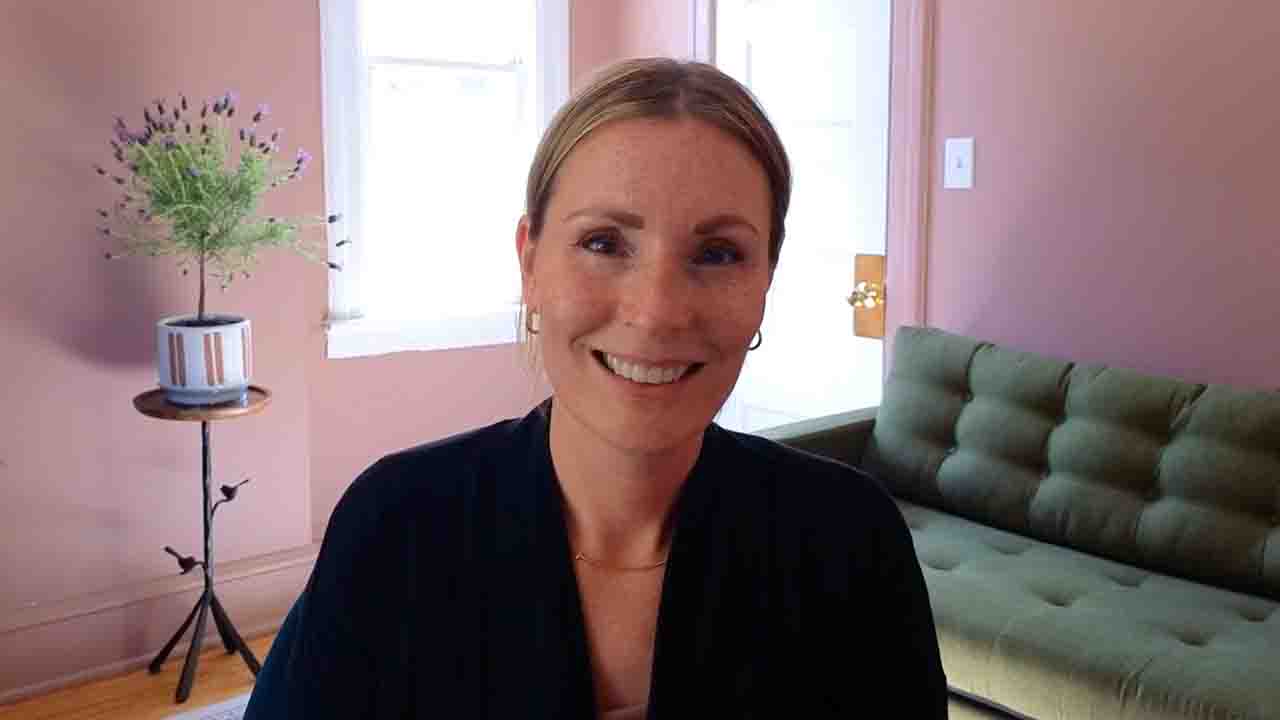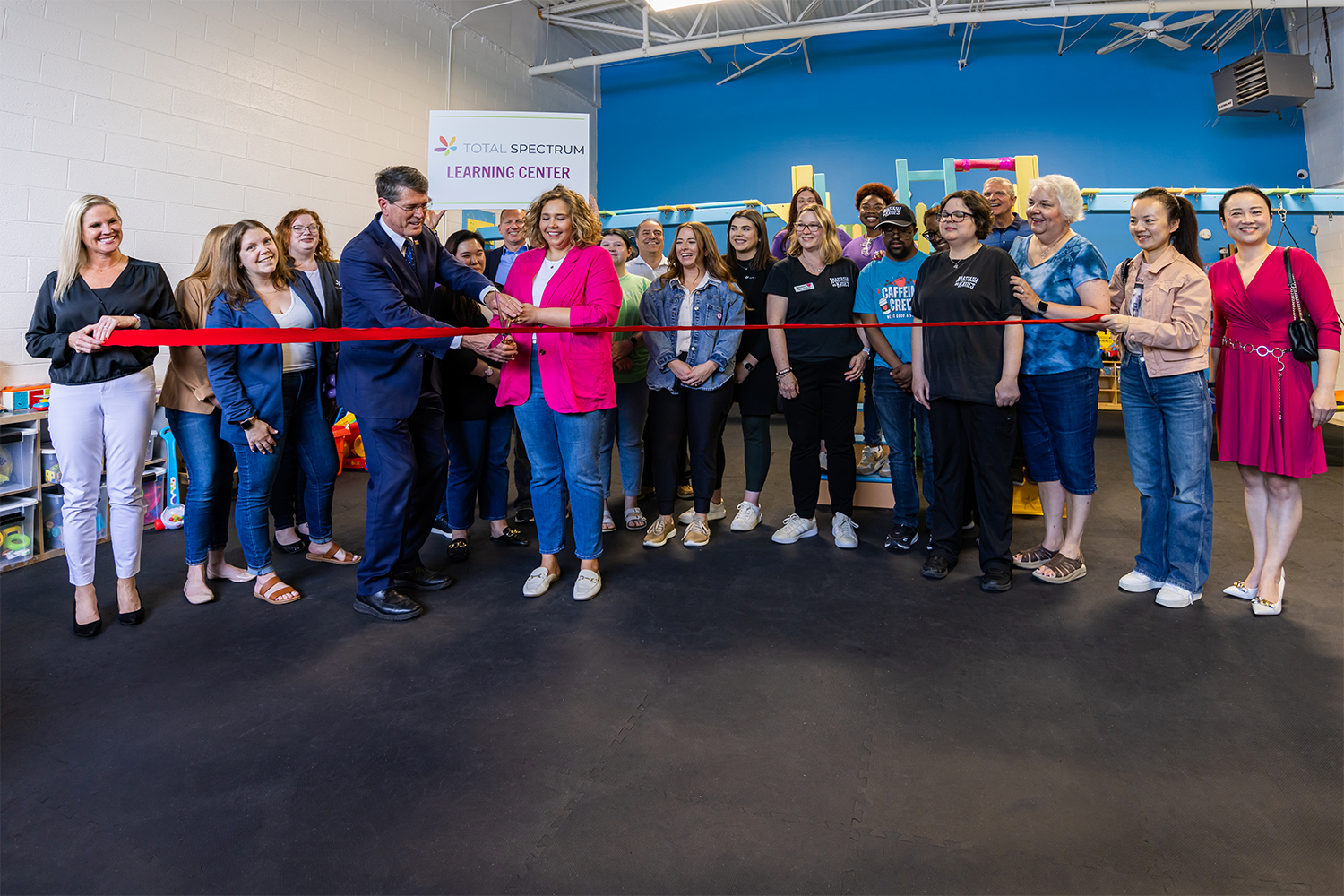December 30, 2025
Best Autism & ASD Podcasts + Autism Podcasts for Parents
FEATURED POSTS
December 15, 2025
December 11, 2025
In a year when the pandemic kept many families at home and on their screens, many Americans turned to podcasts to fill their downtime. At LEARN Behavioral, we’re no exception.
We recently reached our 100th podcast milestone on All Autism Talk, where we’re connecting the autism community one podcast at a time. In celebration of today—International Podcast Day—we’re launching a new podcast with Temple Grandin discussing her latest book, Navigating Autism: 9 Mindsets for Helping Kids on the Spectrum. We’re also bringing you 10 of our highly popular episodes:
1. Temple Grandin – Parenting Kids with Autism
In one of our most-listened-to podcasts, Temple Grandin, PhD, an American scientist and animal behaviorist who has been a trailblazer for people with autism, shares advice for parents raising kids on the spectrum. Drawing from her experiences growing up with ASD, she talks about everything from sensory overload and excessive screen time to the need for more 1950s-style “old-fashioned methods of parenting” full of “teachable moments.”
2. Female Life on the Spectrum – Insights from Jennifer Cook O’Toole
Jennifer Cook O’Toole was diagnosed with Asperger’s syndrome at age 35 and is raising three children on the spectrum. She’s the author of seven award-winning books, including Autism in Heels: The Untold Story of a Female Life on the Spectrum. In this engaging and, at times, humorous podcast, she explains why diagnosis has been widely missed in girls and women.
3. Addressing the Cultural Needs of Families with Autism
Corina Jimenez-Gomez, PhD, a behavioral scientist at Auburn University, and Lauren Beaulieu, PhD, a behavior analyst for Newton Public Schools in Massachusetts, team up on this podcast to talk about cultural competency and the importance of cultural responsiveness in ABA. They bring personal experience to the conversation, with Corina sharing stories of her experience as a mom and Venezuelan native, now living in Alabama, and Lauren discussing her marriage to an Italian immigrant. Both say relationship-building is an important part of navigating what can sometimes feel like a clash of cultures.
4. Early Identification of Developmental Delays in Children – Dr. Sharief Taraman
Dr. Sharief Taraman is a neurologist at Children’s Health of Orange County (CHOC). In this episode, he discusses how diagnostic screening can help identify developmental delays in children. Early identification and diagnosis, he says, can help families get the right treatment right away.
5. What to Expect from ABA Service Providers – with Dr. Hanna Rue
Hanna Rue, PhD, Chief Clinical Officer at LEARN Behavioral, eases parents’ minds in this conversation about what they can expect when it comes to applied behavior analysis (ABA) providers. How do providers apply our understanding of how behavior works to real situations? How do they help increase behaviors that are helpful and decrease those that are harmful for learning? Listen in to learn more.
6. The Role of Genetics in Autism, Explained
Wendy Chung, MD, PhD, director of clinical research at the Simons Foundation Autism Research Foundation, works as a molecular geneticist and physician and is something of a genetic detective who traces an individual’s symptoms to a particular genetic anomaly. In this podcast, she breaks down what we know about the causes of autism.
7. Autism Resource Mom – Autism Support and Information from the Best Expert, a Mom
A mother’s intuition and drive to advocate for her kids can make her the best expert when it comes to her child’s care. That’s something Debora Smith understands to the core. She’s raising a son on the autism spectrum, and she founded Autism Resource Mom, a nonprofit organization that helps families navigate the complex world of autism. Listen in to find out how she’s turned her passion into helping others.
8. Autism, Aggression, and Self Injury – Exploring a Mother’s Journey with ECT
More than a decade ago, Amy Lutz and her husband, Andy, struggled with a predicament no parents want to face: how could they safely keep their autistic 10-year-old son living at home any longer, considering his violent rages? Amy, a founding board member of the National Council on Severe Autism, discusses their exploration of the controversial procedure of electroconvulsive therapy, or ECT.
9. Making Social Skills (and Minecraft) More Accessible for Kids with Autism
As a single father, Stuart Duncan has been all about his kids. His oldest son has autism, and Stuart noticed that kids on the spectrum need a space online where they can play games without getting bullied. So, the Canadian dad quit his job to create Autcraft, a Minecraft server for kids with autism. His virtual community has given people on the autism spectrum the self-confidence to socialize on a safe gaming platform.
10. Medical Insurance for Autism Treatment – Understanding the Changing Landscape
Will your health insurance cover your child’s autism treatment? In this podcast, Amy Weinstock, Director of the Autism Insurance Resource Center at the University of Massachusetts, breaks down tools that can help families find out whether they are covered.
Find dozens of more episodes from All Autism Talk wherever you get your podcasts, including Apple Podcasts, Google Podcasts, Spotify, Stitcher, Amazon Music, or on LEARN Behavioral’s website at www.learnbehavioral.com/allautismtalk.


